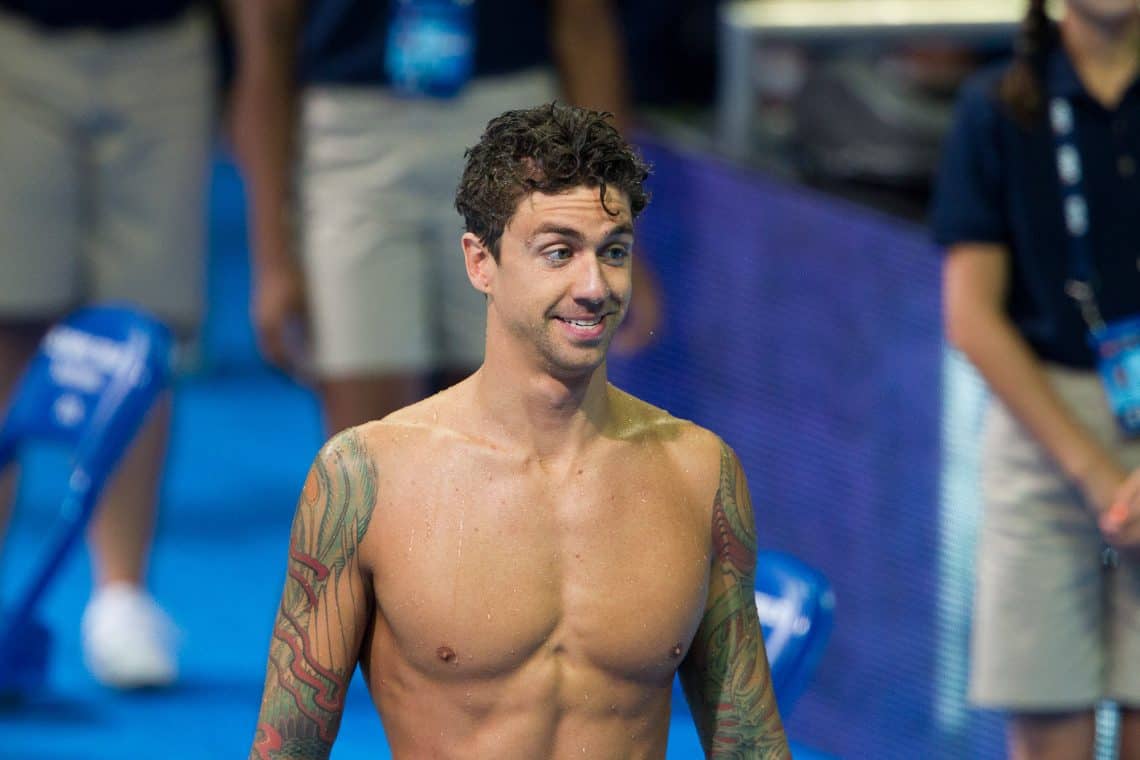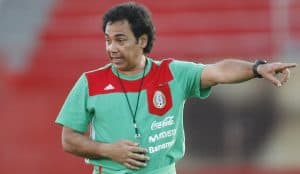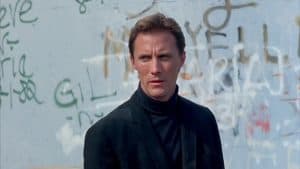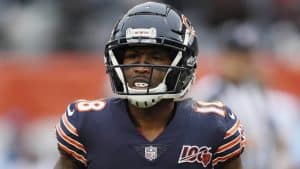Anthony Ervin at a Glance
- Net Worth: $1.5 Million
- Profession: Olympic Swimmer, Author, Keynote Speaker
- Nationality: American
- Birthdate: May 26, 1981
- Birthplace: Valencia, California
- Height: 6 ft 3 in (1.91 m)
Table of Contents
What is Anthony Ervin’s Net Worth?
Anthony Ervin has a net worth of $1.5 million. His financial standing stems primarily from his historic swimming career, corporate speaking engagements, and literary work. Unlike athletes in high-salary leagues like the NBA or NFL, Ervin’s income is not derived from a team contract but rather from a diverse portfolio of performance bonuses, sponsorship deals, and appearance fees. His unique narrative—winning Olympic gold, retiring to join a rock band, and returning 16 years later to win gold again—has made him a highly sought-after voice in the corporate world. This demand for his insight on resilience and mental health serves as a major revenue stream in his post-competitive years.
Speaking Engagements
A significant portion of Ervin’s annual earnings comes from his work as a keynote speaker. His story of overcoming Tourette syndrome and navigating a non-linear career path resonates with diverse audiences, from corporate executives to educational institutions. Industry data indicates that Ervin commands appearance fees ranging between $20,000 and $30,000 per live event. These engagements often focus on topics such as high-performance mindset, mental health awareness, and adaptability. This consistent schedule of appearances provides a stable income that exceeds the typical earnings of many retired Olympic athletes.
Book Deal and Memoirs
In 2016, Ervin solidified his brand outside the pool with the release of his memoir, Chasing Water: Elegy of an Olympian. Co-authored with Constantine Markides, the book received critical acclaim for its raw honesty regarding his struggles with identity, substance use, and fame. The book remains a steady source of passive income. It is frequently recommended in sports psychology and biography circles, keeping sales active years after its initial publication. The success of the memoir also bolstered his speaking fee, as it established him as a thought leader rather than just an athlete.
Sponsorships and Endorsements
Throughout his competitive career, Ervin secured partnerships that contributed heavily to his net worth. His most notable long-term partnership was with FINIS, a technical swim equipment manufacturer. Unlike standard apparel deals, this partnership often involved Ervin in product development, particularly for training gear. He has also worked with major brands like Speedo during his early career. While swimming endorsements do not typically reach the multi-million dollar levels of other sports, his longevity—competing at the elite level into his late 30s—allowed him to maximize these contracts far longer than the average swimmer.
Early Life
Anthony Lee Ervin was born in Valencia, California, into a family rich in cultural diversity. His father is of African American and Native American descent, while his mother is of Ashkenazi Jewish heritage. This background played a central role in his development, though he often noted that the media focused on it more than he did during his early years. Ervin was diagnosed with Tourette syndrome as a child. He faced significant challenges with tics and anxiety, which eventually led him to the pool. He discovered that the water provided a sensory environment where his symptoms subsided, allowing him to focus and channel his energy. He attended Hart High School before enrolling at the University of California, Berkeley, where his swimming talent rapidly developed into world-class speed.
Career
Anthony Ervin’s career is defined by two distinct peaks separated by a decade of self-discovery. He burst onto the international scene at the 2000 Sydney Olympics. At just 19 years old, he tied with teammate Gary Hall Jr. to win the gold medal in the 50-meter freestyle. He also secured a silver medal in the 4×100-meter freestyle relay. Following these victories, he dominated the 2001 World Championships, winning both the 50-meter and 100-meter freestyle events.
However, the pressure of elite competition took a toll. In 2003, at the age of 22, Ervin abruptly retired from professional swimming. He sold his Olympic gold medal for $17,101, donating the proceeds to the tsunami relief fund, and distanced himself from the sport entirely. For nearly a decade, he lived a bohemian lifestyle in New York City, playing guitar in a rock band, working in a tattoo parlor, and exploring various spiritual practices.
The second chapter of his career began in 2011 when he returned to the pool. His comeback was not immediate, but it was steady. He qualified for the 2012 London Olympics, finishing fifth in the 50-meter freestyle final. This resurgence proved he was still one of the fastest sprinters in the world.
His crowning achievement came at the 2016 Rio Olympics. At age 35, Ervin won the gold medal in the 50-meter freestyle, defeating the defending champion and significantly younger competitors. This victory made him the oldest individual Olympic swimming gold medalist in history. He capped off the Rio Games with another gold medal in the 4×100-meter freestyle relay, cementing one of the greatest comeback stories in sports history.
Personal Life
Ervin has always maintained a candid approach to his personal journey, openly discussing his experiences with depression and substance use during his years away from the pool. He is a father to a daughter, born during the 2016 Olympic Trials, an event he credits with shifting his perspective on competition and legacy. He currently resides in the United States, splitting his time between professional engagements and coaching. He remains active in the swimming community, not just as a legend of the sport, but as a mentor and advocate for mental health resources for athletes.






